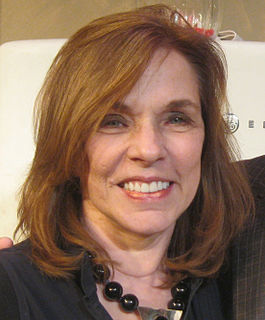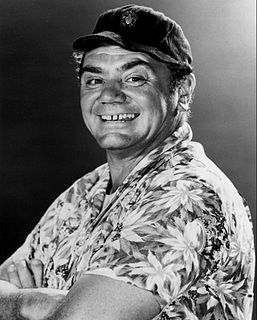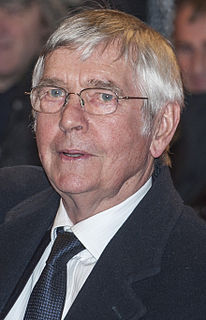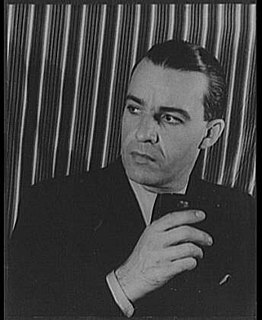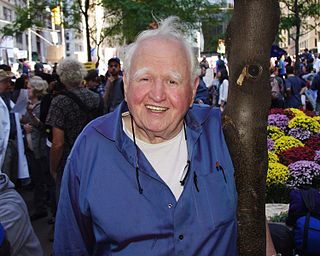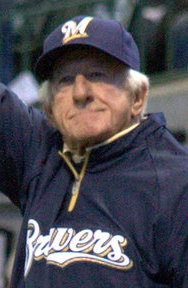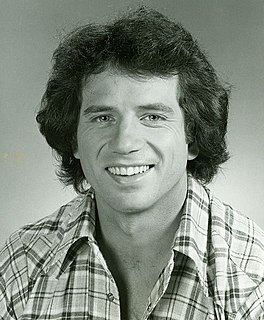A Quote by Darryl Pinckney
Harlem exists in retrospect, in the memory of grandparents or elderly cousins, those 'old-timers' ever ready with their geysers of remembered scenes. The legends of 'Black Mecca' are preserved in the glossy musicals of Times Square and in texts of virtually every kind.
Related Quotes
Sara Blair's Harlem Crossroads is an important addition to the body of literature that currently exists about Harlem. It brilliantly illuminates the complex relationship between photographic representation and race, and adds new insight into the ways in which this one black community has figured in both the critical and public imaginations. Harlem Crossroads is a tour de force.
Brantford was the fixed point of my universe, growing up. Both sets of grandparents lived there, with various cousins and uncles and aunts, and no matter how far we'd moved off, we came back there for regular visits. In a way no other houses have ever been, my grandparents' houses were 'home,' and the sale of the last of those houses was hard.
My view is that musicals are love stories with great final scenes. It's just that simple. Musicals are also conflicts between two worlds. And by those criteria, 'The Color Purple' is actually exactly the kind of story that makes for a great musical. Yes, it's got hard stuff in it, but so does 'Les Miserables' and 'Phantom of the Opera.'
There were a great many in vaudeville - people who never quite came through. But they had their place, and they filled it. They kept theatres open. Those pan-timers, those interstate-timers, those four-a-dayers, those six-a-dayers - they were an integral part of that endearing merry-go-round called vaudeville.
In the United States those bits of our history that remain are paved over, sanitized, packaged for easy consumption. At those sites not already lost to commercial development, we walk between velvet ropes, herded by guides, warned not to touch. Our icons are preserved under glass, their magic demystified in glossy brochures.



